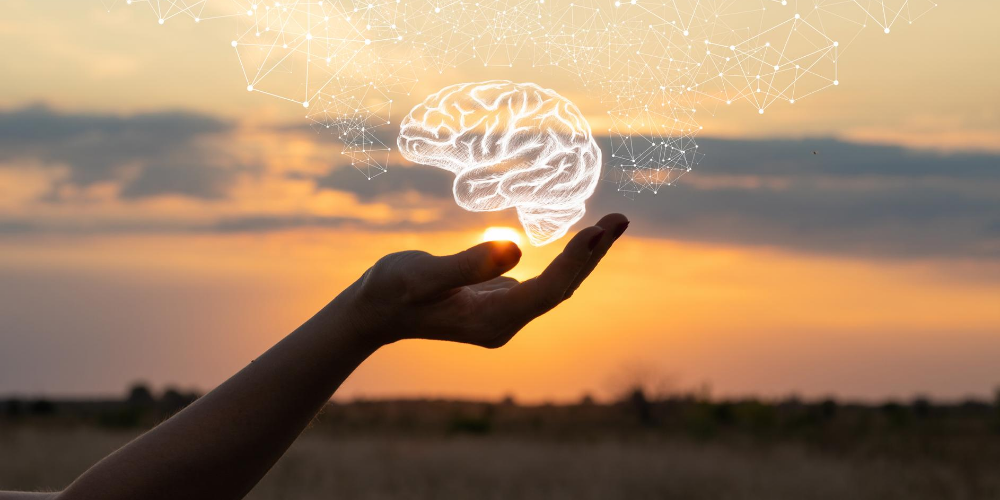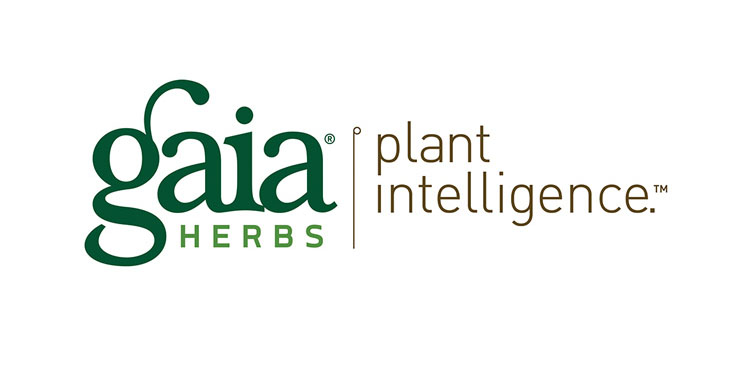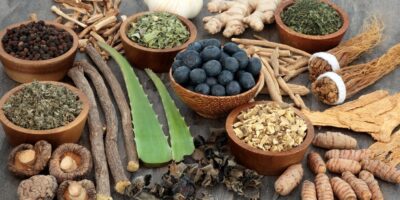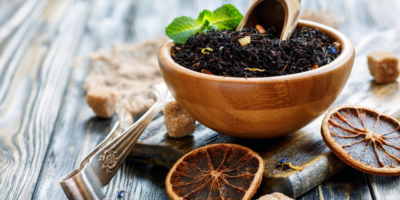Rosemary has a long history of culinary and Ayurvedic medicine use. Rosemary (Rosmarinus officinalis) is native to South America and the Mediterranean region. It is part of the Lamiaceae family of plants, along with peppermint, oregano, lemon oil, and basil. Rosemary has a long history of culinary and Ayurvedic medicine use. Many people enjoy rosemary tea because of its flavor, aroma, and health benefits. It has long been associated with memory, youth, fertility, romance. In Christian mythology, the Virgin Mary is said to have spread her blue cloak on a white rosemary bush when she was resting, and the flowers turned blue. The shrub was later called the ‘Rose of Mary’. In cuisine, it is also used as a preservative for meat before refrigeration along with Oregano and Thyme.


1. The active ingredient in rosemary
✅ Rosemary is a highly chemically complex plant and is an herb rich in antioxidants (including rosmarinic acid and flavonoids) that support healthy inflammatory responses and help eliminate free radicals. from the body. Due to its strong antioxidant properties, Rosemary and its various ingredients have been the focus of many scientific research and clinical trials.
✅ Rosemary is rich in essential oils and tannins. Essential oils have a bowel, bile, and diuretic effect. Organic acids like rosmarinic acid, carnosic acid, and labiatic acid in rosemary are often used as a natural preservative in the food industry.
2. Top 4 Rosemary health benefits
2.1 Rosemary health benefits: Anti-oxidant, antibacterial, and anti-inflammatory


✅ Antioxidants are compounds that help protect your body from oxidative damage and inflammation, which can lead to chronic diseases like cancer, heart disease, and type diabetes. They can be found in many plant foods, such as fruits, vegetables, and herbs like rosemary. Rosemary tea also contains compounds that may have anti-inflammatory and antibacterial properties. Rosemary’s antioxidant and anti-inflammatory effects are mainly due to its polyphenolic compounds such as rosmarinic acid and carnosic acid.
✅ Rosemary tea compounds may also have antibacterial properties. Rosemary leaves are used in traditional medicine because of their antibacterial and wound healing effects. Because of its antioxidant capacity, rosmarinic acid is often used as a natural preservative to increase the shelf life of perishable foods.
✅ Studies have also investigated the effects of rosmarinic acid and Carnosic acid on cancer. They found that the two acids may have anti-cancer properties and even slow the growth of leukemia, breast cancer, and prostate cancer cells.
2.2 Rosemary health benefits: Improve brain function


✅ In ancient Greece and Rome, rosemary was thought to enhance memory. Research shows that inhaling rosemary oil helps prevent the breakdown of acetylcholine, a brain chemical that is important for thinking, concentration, and memory.
✅ Several in vitro and animal studies have found that rosemary tea compounds can protect your brain health by preventing the death of brain cells. It may even aid recovery from conditions that can lead to brain damage, such as stroke. Other studies show that rosemary may prevent the negative effects of brain aging, showing protective effects against neurodegenerative diseases such as Alzheimer’s.
2.3 Rosemary health benefits: Help improve mood


✅ Evidence suggests that drinking and inhaling compounds in rosemary tea can help boost your mood and improve your memory. Rosemary extract can improve mood by promoting a healthy balance of intestinal bacteria and reducing inflammation in the hippocampus, the part of your brain involved in emotions, learning, and memory.
✅ In a study of 22 young men who smelled rosemary oil for 5 minutes, their saliva had a 23% lower concentration of stress hormone cortisol than those who didn’t. Increasing cortisol levels can suppress your immune system, contribute to insomnia, cause mood swings, and other potential problems.
2.4 Rosemary health benefits: Good for the eyes


✅ A study that looked at the addition of rosemary extract to popular treatments like zinc oxide and other antioxidant combinations, found that it helps slow down the macular degeneration associated with age (AMD), a common condition that affects vision. Experimental and other animal studies indicate that rosmarinic acid in rosemary delays the onset of cataracts – the gradual opacity of the eyes leading to blindness.
3. Notes when using Rosemary
When using rosemary essential oil, you should keep the following in mind:
- Dilute rosemary oil with other carrier oils such as olive and coconut oil to avoid causing skin irritation.
- When using rosemary oil, avoid accidentally applying it to the eyes, mucous membranes, and any sensitive skin areas.
- Keep essential oils out of the reach of children and pets. Rosemary essential oil should not be applied topically or diffused in the air around children under six years old.
- Taking rosemary essential oil may increase the effects of anticoagulants (blood thinners), diabetes medications, and blood pressure medications.
- Consult your doctor before using rosemary oil, especially if you are pregnant, nursing.
Recommended for you
🎁 doTERRA – Rosemary Essential Oil
✅ Rosemary’s herbaceous and energizing scent is frequently used in aromatherapy. Taken internally, it helps to reduce nervous tension and occasional fatigue. Diffuse while studying to maintain concentration. Take internally to help reduce nervous tension and occasional fatigue. Add 1–2 drops of Rosemary essential oil to meats and favorite entrées for flavoring and to support healthy digestion.
🎁 Buddha Teas Organic Rosemary Tea


✅ Buddha Teas is the leading organic tea company for single herb teas. All teas are certified organic and they only use bleach-free tea bags. Directions: Freshwater is essential for brewing a great cup of tea. Use one teabag per cup of boiling water. Cover and steep for 3-6 minutes. Savor the taste of Buddha Teas while enjoying the benefits Rosemary Tea provides.
🎁 Gaia Herbs Emotional Balance Liquid Capsules, Plant-Based Mood Support Supplement, Promotes A Positive Mood with St. John’s Wort, Ginkgo Biloba, Gotu Kola & Rosemary


✅ Formulated with St. John’s Wort, Gotu Kola, Ginkgo, rosemary, Oats, Passionflower, and other herbs traditionally used to help nourish the nervous system, calm the mind, and support a balanced and sunny mood. Directions: Adults take 1 capsule, 3 times daily. Best results obtained with long-term use.






Leave a Reply